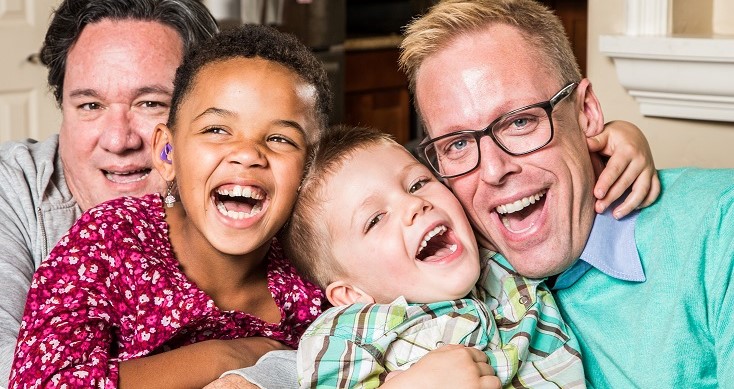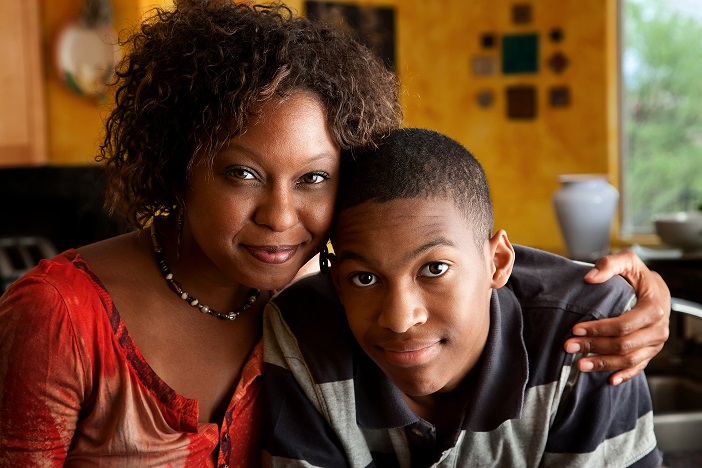The Children and Youth in Foster Care

Children in foster care are most often removed from their homes due to parental abuse, neglect or substance abuse. They may have academic, behavioral, emotional, medical or social needs related to the effects of trauma. They need a safe home and supportive adult relationships to succeed, a key factor that helps children develop resiliency, according to Harvard University researchers.
All children deserve and need to be safe and cared for in a nurturing family.
We currently have a great need for families able and willing to foster older youth and sibling groups. We are also seeking foster families who are responsive and affirming to the unique needs of LGBTQ youth.
LGBTQ Youth
LGBTQ youth, like other youth in foster care, have experienced trauma. Many have also experienced maltreatment, discrimination or rejection because of their sexual orientation, gender identity or gender expression.
Research has shown that LGBTQ youth are over represented in the foster care system and experience higher than average placements than other youth in foster care. A stable, caring home with foster parents willing to support the unique needs of LGBTQ youth can make a tremendous impact on the future resiliency and success of the youth in your care.
Older Youth

Research has shown that supportive adult relationships can lessen the impact of stress and trauma on youth and help set them up for life-long success. As a foster parent for an older youth, you have the opportunity to build a strong relationship with a youth that will help them build resiliency and set them up for a more positive future.
Great Reasons to Foster an Older Youth:
- You have the opportunity to watch them blossom.
- You have the chance to share experiences with them that many kids who are not in foster care take for granted: sharing family holidays, birthday parties, the chance to play sports or take music lessons.
- Youth are relatable – you can have great conversations with them!
- Many foster youths are wise beyond their years because they have had to grow up fast. Yet they are still young and need stability, guidance and care to thrive.
- You have the chance to help them build life skills and resiliency.
- You get to show them how wonderful they truly are — and how valuable a human being they are — messages they may not have heard for a long time.
- You may be the only option they have. Youth with caring, supportive adult relationships are less likely to: face unplanned pregnancy, experience incarceration, earn a college degree or struggle with homelessness.
- They may not always show it, but they need love, too.
Sibling Groups
Many of the children entering foster care are siblings who are often placed in separate homes for the simple fact that there are not enough foster homes willing to parent multiple children.
Siblings in foster care fare better when they have the security of being placed in the same home. At a time when children are already experiencing the disruption of being removed from their family home, keeping siblings together can help them adjust more quickly to their foster home. It reduces the worry about their sibling and means they can support each other in their transition to a new home together, knowing they are not alone.
We strive to keep siblings together to best support their emotional wellbeing. Please consider if you are able to take a sibling group into your home.
